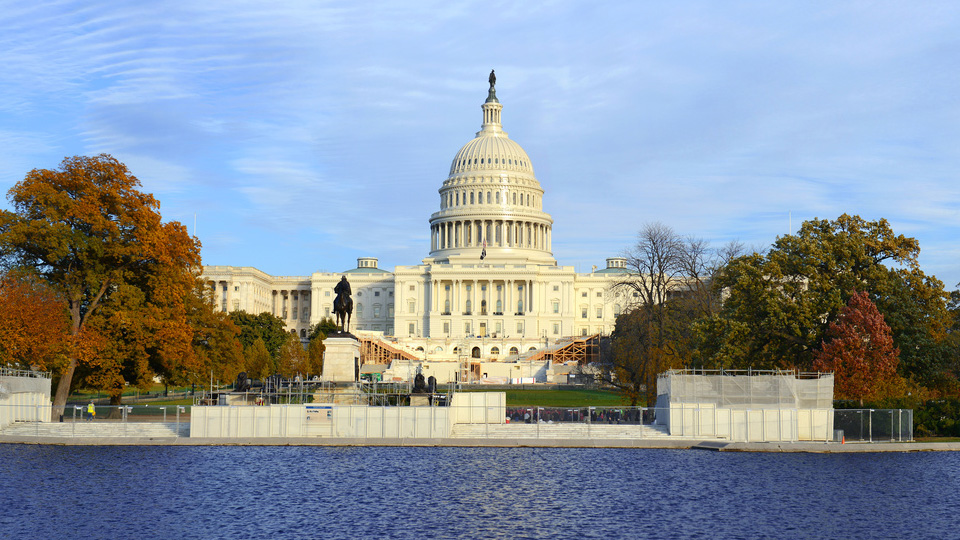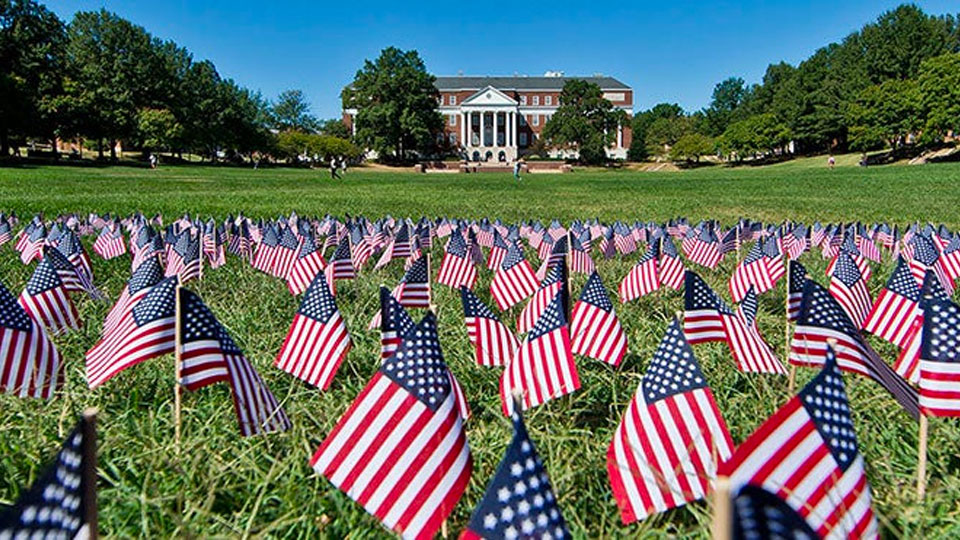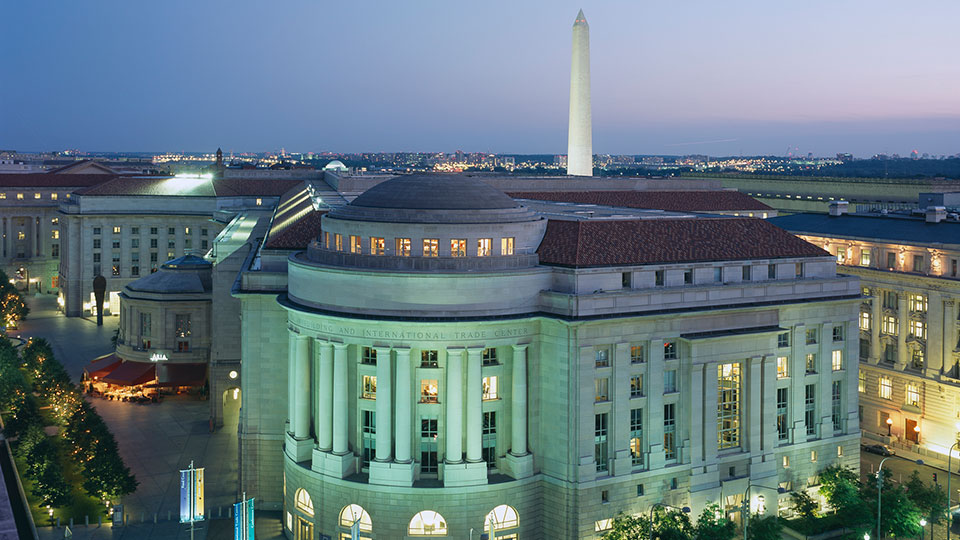Centers & Initiatives
Pioneering business research can prepare students to be transformational business leaders, and equip companies to transform themselves and their markets.
At the Smith School we have created a cluster of Centers of Excellence that serve as the intersection of scholarship and the marketplace, putting breakthrough research at the service of students and companies. Each of our centers immerses our students in complex and evolving marketplaces in which success depends on critical thinking, creativity and entrepreneurship.
We have also added exciting new Initiatives to further augment the learning experience, align with industry and government trends, and chart the future of business.
Centers

The Center for Artificial Intelligence in Business pioneers AI research and outreach. With a focus on human judgment and creativity, it fosters safe, innovative products and services through intentional AI-enabled design and governance frameworks.
The Center for Excellence in Service (CES) is an academic research center with a network of Smith faculty members who are thought leaders in service marketing and management.

The Center for Financial Policy leverages the Smith School’s world-renowned faculty, leading research, and proximity to Washington, D.C. to promote a collaborative exchange of ideas on the key issues that affect financial markets.
The Center for Global Business (CGB) is the driver of internationalization and global mindset education at the Smith School and a preferred partner for international commerce in the state of Maryland, specifically in regard to training and supporting students, companies, and current and future business leaders to engage successfully in global business.
The Center for Social Value Creation embodies a passionate mission: to educate, engage and empower the Smith community and the world through thought-provoking dialogue, thought leadership, and hands-on experience.
At the Dingman Center, we create an inclusive environment where we educate, empower and equip students with the business skills needed to be an entrepreneur and the resources necessary to make their business ideas a reality.
The guiding principle for the Ed Snider Center is that social progress is born of free and creative individuals who, driven by self-motivation, passion, and a positive approach to trading value for value, make the world a better place.
The Supply Chain Management Center at the Robert H. Smith School of Business is dedicated to conducting research and education designed to further the discipline of supply chain management.
Initiatives
Expanding understanding of business analytics and relevant careers, the Robert H. Smith School of Business runs the Smith Analytics Consortium (SAC). A partnership between industry and Smith’s diverse, inclusive community, the Consortium serves as a central hub for networking, thought leadership, experiential learning, co-curricular activities and collaboration opportunities enhancing the Smith student experience and giving back to the business community.

Promoting veterans as strategic assets for a united economy.

The imperatives facing America's government and market leaders have rarely overlapped with the complexity they do today. At the Smith School, we aim to help with new programs and partnerships to promote the future of U.S. public-private talent, training, and research.
Corporate risk officers are grappling with a host of nontraditional risks associated with and ranging from cyber to climate. The Smith Enterprise Risk Consortium recognizes these emerging risks and endeavors to address them through research, tools and education.
News
A team of four sophomores - Angelina Bingei, Megarn Go, Rachel Hobble, and Jessica Ting - have had a busy spring semester representing the University of Maryland’s Robert H. Smith School of Business at two case competitions.
James Sanders, adjunct professor in the management and organization department at the Robert H.
Last year, the Dingman Center for Entrepreneurship launched the third and final phase of its Fearless Founders startup accelerator program, Terp Startup. Happening every summer, this incubator phase is designed to give students a means to focus exclusively on growing their startup.
The results of the latest National Technology Readiness Survey (NTRS), which shows the on-demand economy continuing to flourish, were featured in the April 14, 2016 Harvard Business Review.
Please join us for our sixth annual Emerging Markets Forum, presented by the University of Maryland's Robert H. Smith School of Business.
Doing Business with India: The Promise and the PerilsFriday, April 29, 20168:30 a.m. - 4:15 p.m.Ronald Reagan Building and International Trade Center - Rotunda Room1300 Pennsylvania Avenue, N.W.Washington, D.C. 20004
College Park, MD — April 12, 2016 — University of Maryland students, faculty and the public will hear the secrets of leading a team to success from NFL Baltimore Ravens head coach John Harbaugh and Rear Adm. Thomas Lynch (retired), commander of the Navy Battle Group in Operation Desert Shield and executive chairman of NewDay USA.
Philadelphia Flyers founder and Comcast-Spectacor chairman Ed Snider ’55 died April 11, 2016, following a two-year battle with cancer. He was 83. Gifts and other support from his foundation enabled the University of Maryland to launch the Ed Snider Center for Enterprise and Markets at the Robert H. Smith School of Business in 2014.
The University of Maryland’s Robert H. Smith School of Business and the Tata Group of Companies hosted the Tata Dialogue on Innovation luncheon on April 1, 2016, at the College Park Marriott Hotel and Conference Center. The featured speaker was Shankar Venkateswaran, chief of Tata Sustainability Group, who discussed the challenges of taking sustainability from policy to practice.
A coffee startup that emerged through the University of Maryland (UMD) has captured the 2016 Cupid’s Cup Competition.
The Do Good Challenge is an eight-week challenge created by University of Maryland students to encourage each other to create ventures that have a positive social impact, with $20,000 in prize money on the line to fund the best ideas.